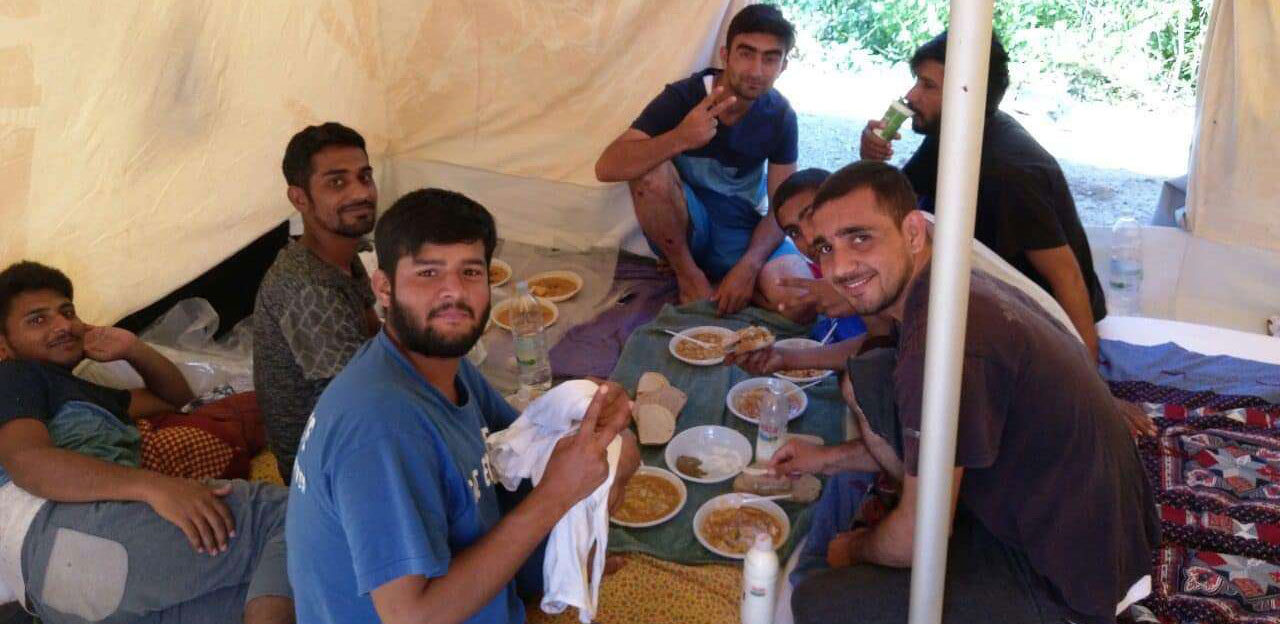CONFERENCE: Invisible Migrant Workers
Migrant workers are part of the everyday economic life of Europe. Today we find Ukrainian agricultural workers in Spain, Romanian workers in German meat factories, and Slovakian, Czech and Hungarian geriatric nurses assisting Austrian families - to name only a few. Usually these workers are "invisible." Many of them are exploited both socially and economically. During their time of employment, they live in poverty level accommodations. Employee rights, such as hours or work breaks, have been ignored. During this time of COVID crisis these invisible migrant workers have become visible. The lines of exploitation often run between Western and Eastern Europe; but also occur between EU and non-EU states.
HOW? - The aim of the project is to address experts from Church leaders, communities and institutions, responsible persons in European institutions and finally trade unions and employers to find solutions to this European crisis.

